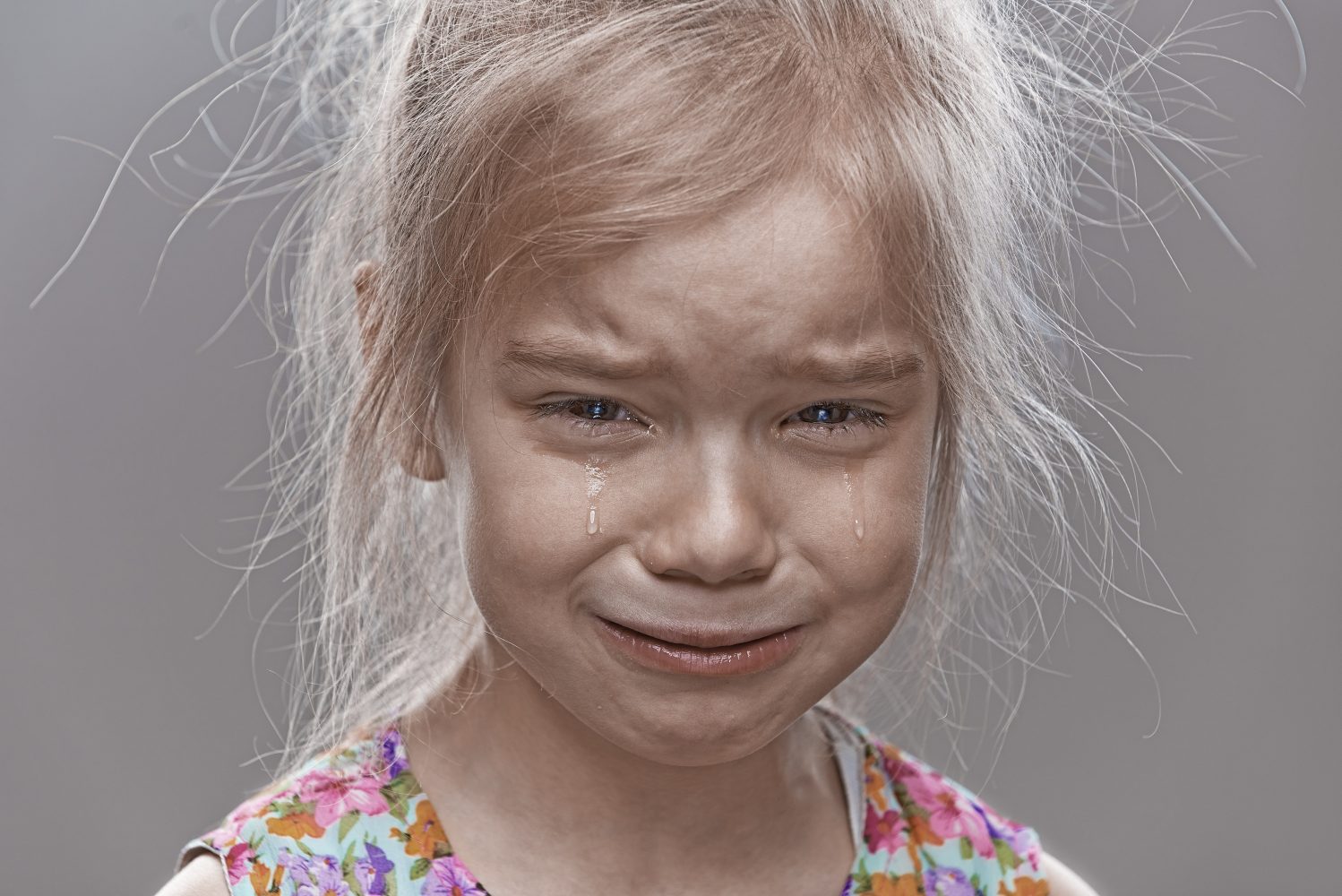Worried About Abuse Impact on Kids? Key Info

One in every four women will be a victim of domestic abuse during their lifetime. This is a shocking statistic and, even though the minority of domestic abuse is reported to the police, the police still receive one phone call every minute about it.
Domestic abuse affects all kinds of relationship, regardless of gender, sexual orientation, age, class or culture. It can take many forms, the most obvious being physical or sexual violence. However, controlling the family finances or isolating a partner from their friends and family are forms of abuse which can be just as serious in their effects on the emotional wellbeing of the victim.
Two thirds of domestic abuse victims are parents, and a recent tweet by the Co-ordinated Action Against Domestic Abuse (CAADA) suggested that many victims are extremely worried about social services becoming involved and removing their children.
Social services are sympathetic to victims of domestic abuse, and will do their best to support you and make sure that you and your children are safe. However, all parents have a duty to protect their children from harm. This includes taking care of their physical and emotional wellbeing and happiness. Sadly, many parents do not realise the impact that domestic abuse between parents has on their children’s emotional wellbeing. Children do not need to see or hear the abuse to be affected, and can pick up on subtle changes in the atmosphere and family dynamics.
If you are in an abusive relationship you will not be criticised by social services if you end the relationship and make use of the help and support available to you to enable you to build a life independently. Social services will, however, be very worried when a parent realises that they are a victim of domestic abuse but does nothing to end the situation and protect themselves and their children. Social services will also be concerned about parents who repeatedly go back to abusive relationships.
It is normal for people experiencing abusive relationships to need a lot of support to enable them to end the relationship and build their own independent life. Being in an abusive relationship, especially over a long period of time, can make you feel powerless, and it is important to access support so that you feel strong enough to move forward with your life and make the changes necessary to protect yourself and your children. Typically, you will need help with practicalities like housing and money, as well as legal advice, and emotional support. Help is out there, and can be accessed easily.
Women’s Aid can provide free, safe short term accommodation for you and your children and will give emotional and practical support to enable you to sort out longer term living arrangements and finances. Citizens Advice can also help with practical advice about benefits, debt and housing. If you need more specialist legal advice about your housing situation, our dedicated team of solicitors can provide this.
You may have heard that there have been cuts to Legal Aid over the last couple of years. However, Legal Aid is still available for people experiencing domestic abuse to get legal advice about injunctions and other measures to protect themselves, appropriate arrangements for children to spend time with each parent, separation and divorce and financial issues relating to divorce. Legal Aid is available where social services are involved with a family.
Our dedicated team of lawyers provide an effective and sympathetic service. We have Resolution Accredited Specialists in Domestic Abuse. If you need advice urgently we can usually see you on the day you contact us. We will listen to your concerns and advise you about your options, which may include making an urgent application to the court to ensure yours and your children’s safety. We will advise you about any related concerns including where social services are involved, and put you in touch with local support services to ensure you receive the practical and emotional support you need.
We understand how difficult and daunting it can be to recognise that you are in an abusive relationship and ask for help. Remember that the sooner you can take steps to end an abusive relationship, the sooner your children will feel safe, happy and secure.
For more information or to arrange an appointment contact Louise Law.



